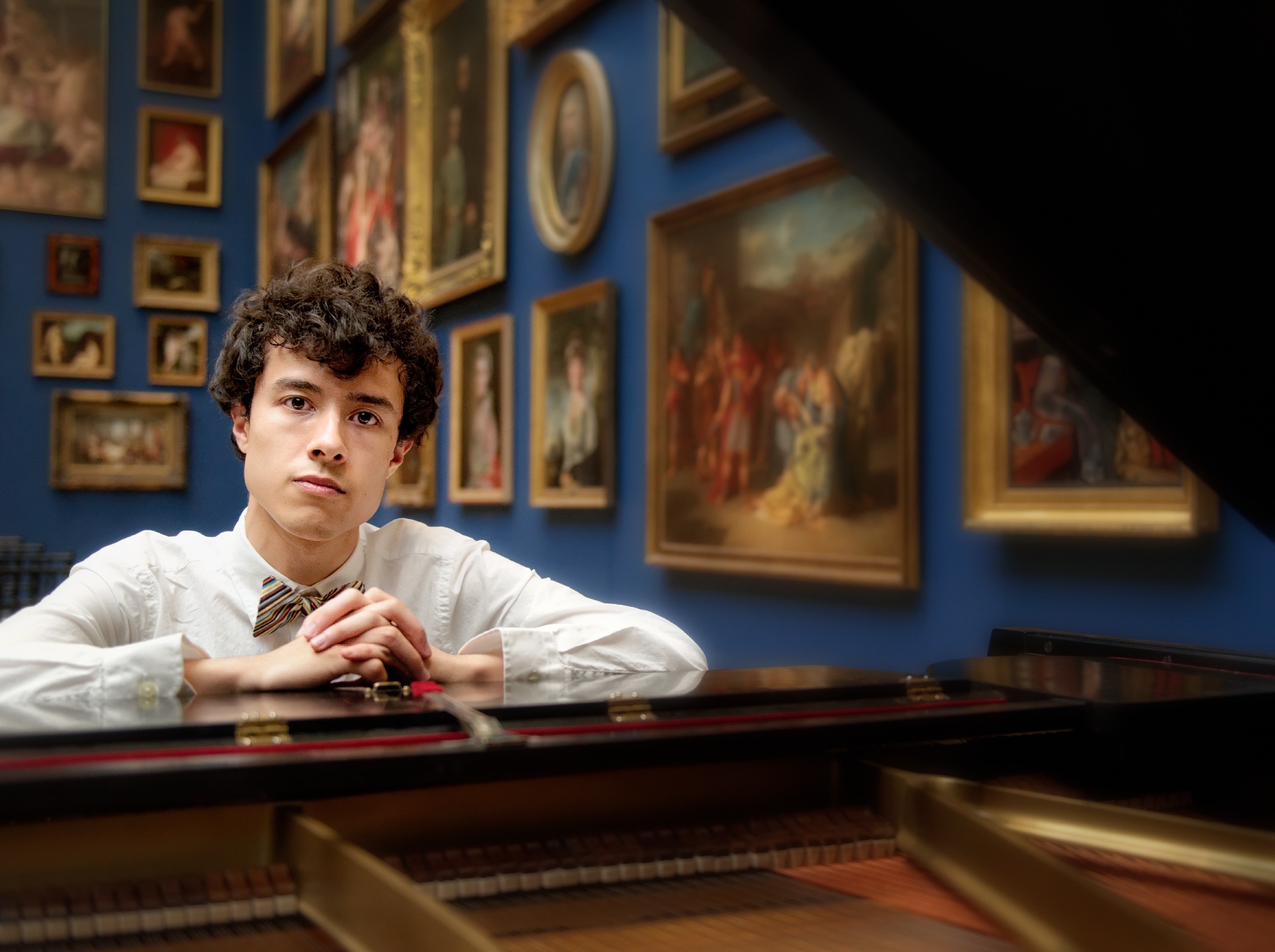Meet January's Guest Artists - Ben Nacar, piano
/We are delighted to be joined by pianist and composer Ben Nacar for this weekend's performance of Brahms and Stravinsky.

Ben Nacar (photo credit - Keith Jochim)
Can you tell us the story of how you began playing the piano? When I was four my father started schooling me. To see how I responded to sounds, he got a tiny electronic keyboard that played just one note at a time. He found that I could distinguish pitches and remember sequences of notes. To make my play and the experiments more complex we got a larger keyboard that could sound multiple notes at a time. This instrument had no piano "action" and no dynamic control so after some time we got an upright piano. Capturing the full range of the piano's tone colors eventually became crucial, so then we got a grand piano. The whole thing was an evolving discovery.
"Reactionary" would be a reasonable assessment of my music. My primary influences are all the great classical composers from Bach to Rachmaninoff, plus a few Broadway and film composers, and some American folk and jazz. You can find score excerpts of my cello sonata and other things I've written at my website (http://www.bennacar.com/).
On the contrary, the more I play them the more different they seem to get. In the Piano Trio I experience Brahms' complete fidelity to Romanticism; it is tinged throughout with melancholy, even in the Scherzo. In the "Suite Italienne," by contrast, Stravinsky is carefree "playing around with" composers from an earlier era, and though he approaches being lyrical at times, he avoids any temptation to introspection and any seizing of self-moments.
As a composer I'm always trying to figure out what other composers were (or are) up to in specific pieces, what compositional choices they had to make or problems they had to solve. And this is one of the first things I tend to think about any time I learn a new piece. Eventually the whole progression of notes from start to finish begins to seem logical and inevitable, so that I'm not so much remembering as recomposing my way through the piece.
You can find Ben's bio on the Guest Artist page.

